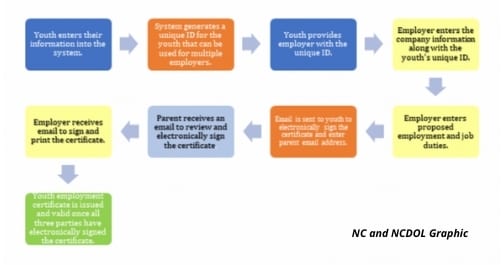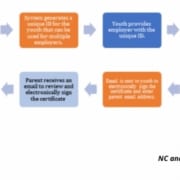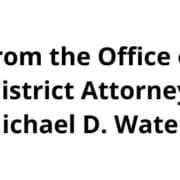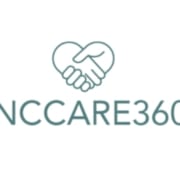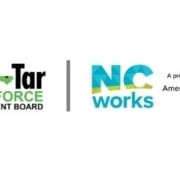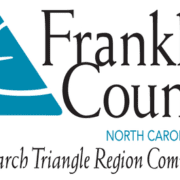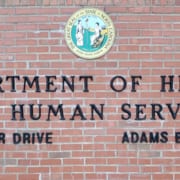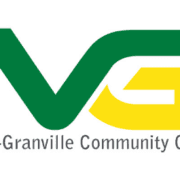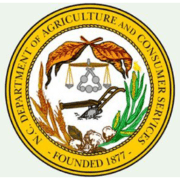It sounds ambitious, but doable: NCCare360 is a public-private partnership designed to provide streamlined support for those who are looking for help with finding resources for everything from health care to housing, access to transportation and other challenges that people are faced with.
Quinny Sanchez Lopez, community engagement manager, spoke to the Vance County Community Collaborative earlier this week and shared information about joining the partnership.
Attending the monthly meeting were representatives from education, governmental and non-profit agencies, according to information from Triangle North Healthcare Foundation.
Executive Director Val Short welcomed the group, which convened to learn more about the public-private partnership between the NC Department of Health and Human Services and the Foundation for Health Leadership and Innovation.
There is no fee to register to join the partnership, Sanchez Lopez said, which reaches all 100 counties in the state.
NCCare360 is “the first statewide network that unites health care and human services organizations with a shared technology that enables a coordinated, community-oriented, person-centered approach for delivering care in North Carolina,” according to the statement.
The idea is to have a group of health and human services providers in one network to connect clients with community resources. Unite Us powers the technology platform, which is used for feedback and follow-up and ensuring accountability of service delivery.
Included in the model is a community engagement team that works with local organizations such as social service agencies to independent providers to get resources to those who need them.
Referrals can be made by providers or by the client himself or herself. A NCCare360 “navigator” connects the client to resources in their area. A resource directory is available at www.nccare360.org.
Agencies that partner with NCCare360 receive training and are responsible for responding to referrals and reporting outcomes.
Granville Vance Public Health is a NCCare360 partner and Director Lisa Harrison said Thursday that it is exciting to see technology evolve in a way that can further the mission of public health.
“We are eager to incorporate NCCare360 technology as our social workers and nurses at the health department continue to connect people in our communities to needed resources,” Harrison said in a statement to WIZS News.
Improving the health of people in the community goes beyond a doctor’s office or making good food choices at the grocery store. “For decades… health department staff have valued working with children and families to navigate opportunities for improved transportation, housing, child care, health care services including mental health services, healthy food resources, small business support, and community outreach,” she said.
But it takes more than a computer network to be successful. It also takes people who know about the local community to be involved and informed as well.
“While this technology is robust and transformative, technology is just technology unless all network partners are trained and empowered to use it to better serve their patients and clients,” Harrison said.
For more information about joining the partnership, contact Sanchez Lopez by email quinny.sanchezlopez@uniteus.com.
Visit www.nccare360.org to learn more.
